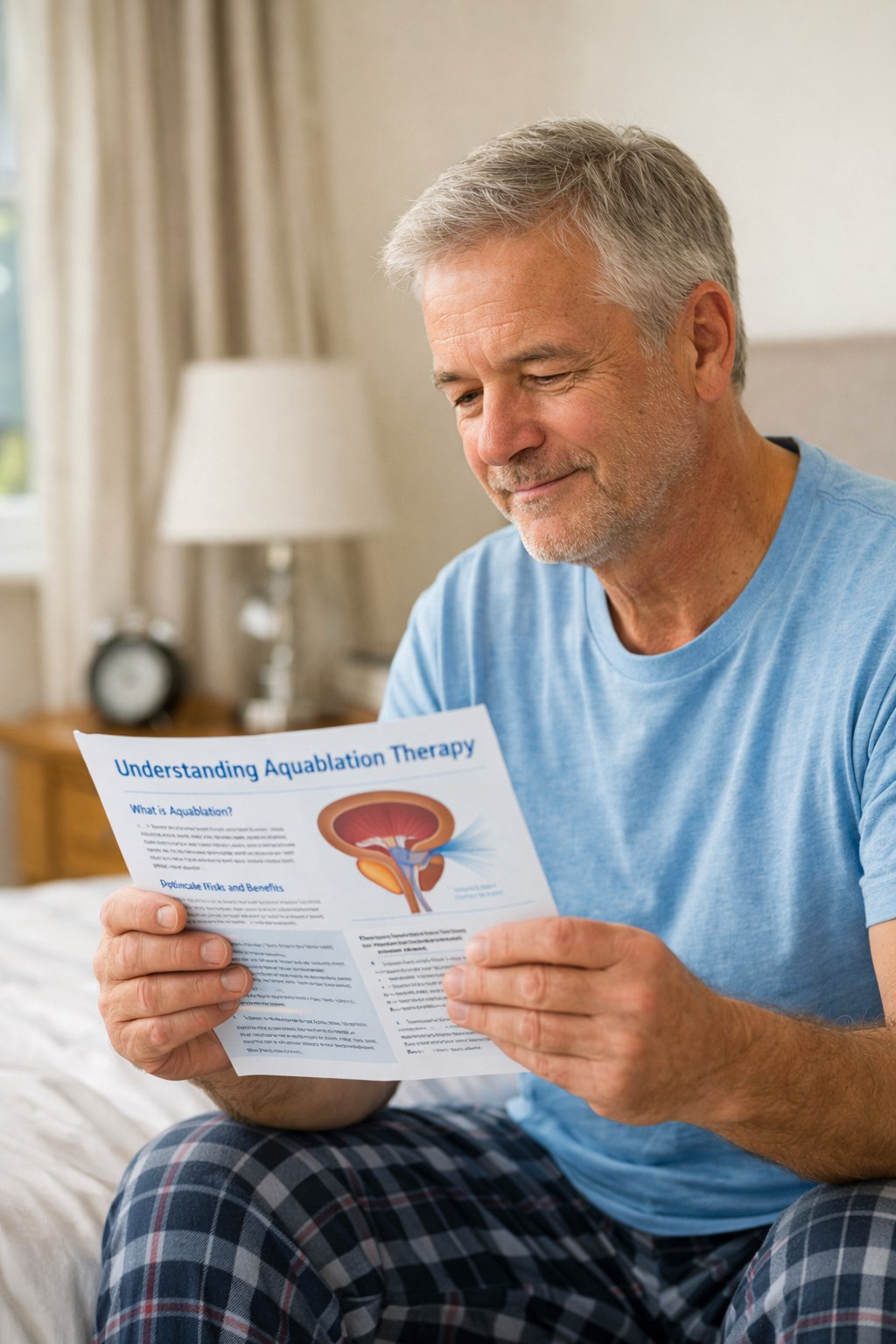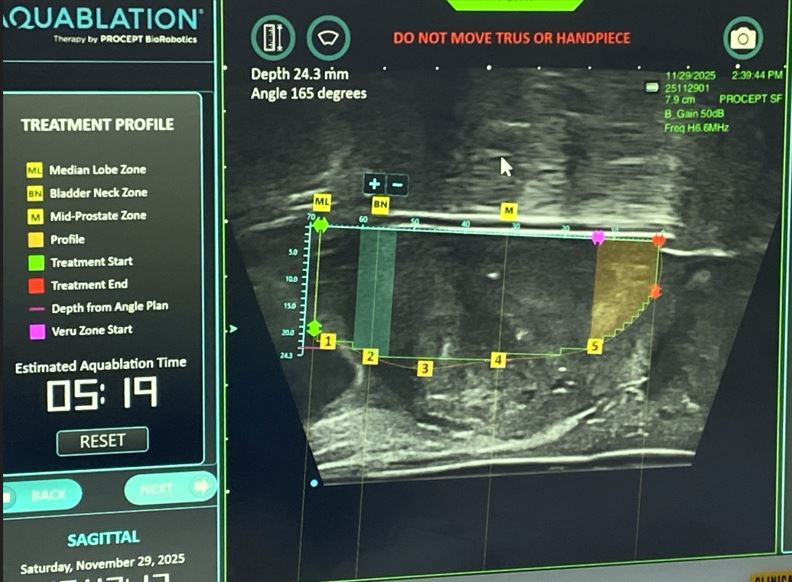What is an enlarged prostate?
Benign Prostatic Hyperplasia (BPH) is a condition where the prostate gland enlarges, which can lead to several urinary problems. Symptoms of BPH include:
- Frequent need to urinate throughout the day
- Nocturia (waking up at night to urinate)
- Difficulty starting urination
- Feeling of incomplete bladder emptying
It is common in older men, with about 50% of men aged 51 to 60 and up to 90% of men over 80 experiencing some degree of BPH.
Why might someone consider supplements for BPH?
While prescription drugs (alpha blockers or prostate reducing size medications or some erectile medications) are often recommended to treat BPH symptoms, some individuals might experience significant side effects or prefer not to take medication regularly. Supplements are often considered as an alternative or complementary approach to managing BPH symptoms. They are perceived to have fewer side effects and to be a more natural form of treatment.
What are the issues with supplements?
Unlike prescription medications, supplements are not as closely regulated by health authorities such as the Medicines and Healthcare products Regulatory Agency (MHRA) in the UK or the Food and Drug Administration (FDA) in the US. This means the quality, safety, and efficacy of supplements can vary widely.
Key concerns include:
- Inconsistent quality: Supplements may not contain the ingredients they claim to, or they may contain them in different amounts.
- Safety issues: There is a risk of contamination with harmful substances.
- Efficacy concerns: Supplements may not provide the benefits they claim due to lack of sufficient active ingredients or poor bioavailability.
It's crucial to consult with a healthcare provider before starting any supplement, as they can interact with other medications and affect medical treatments or tests.
What are the most common supplements for an enlarged prostate?
Several supplements have been studied for their potential benefits in treating symptoms from an enlarged prostate.
Beta-sitosterol, how does it help BPH?
Beta-sitosterol is a substance found in many plants. It does not reduce the size of the prostate but may help improve symptoms such as bladder emptying and urine flow. Clinical trials with supplements like Harzol and Azuprostat, which contain beta-sitosterol derived from South African stargrass, have shown significant improvements in urinary symptoms.
A meta-analysis of several studies reported that men taking beta-sitosterol had a stronger urine flow and better bladder emptying compared to those taking a placebo. Beta-sitosterol has shown to be effective in improving symptoms without major side effects.
Pygeum, how does it improve my furine low?
Pygeum is an extract from the bark of the African plum tree. It has been used traditionally to treat urinary problems. Pygeum may help reduce nighttime urination, daytime frequency, improve urine stream strength, and enhance bladder emptying.
Studies have shown that Pygeum can help reduce symptoms of an enlarged prostate, such as nocturia and difficulty urinating. A systematic review found that men taking Pygeum experienced a moderate improvement in urinary symptoms and flow measures compared to those taking a placebo.
Rye Pollen Extract does it help pee better?
Rye pollen extract may improve various BPH symptoms, such as dribbling after urination, frequent urination, painful urination, weak stream, and urgency. Some research suggests it might also shrink the prostate and enhance urine flow.
Clinical trials have indicated that rye pollen extract can reduce nocturia and improve urinary flow rates. Men taking rye pollen extract reported fewer symptoms and better quality of life compared to those on placebo.
Saw Palmetto is one of the most common supplements men use for an enlarged prostate.
Saw palmetto is a small tree native to North America. It is one of the most popular supplements for BPH. Saw palmetto is used to relieve symptoms such as difficulty starting urination, frequent daytime urination, weak stream, urgency, nocturia, and incomplete bladder emptying.
Some small studies have shown benefits, but several large-scale studies have not found saw palmetto to significantly reduce prostate size or ease urinary symptoms. For men who’ve had success with saw palmetto, it can take about 4 to 6 weeks to see results.
Are there other supplements that might help with poor flow?
What are the benefits of Pumpkin Seeds for BPH?
Pumpkin seeds and pumpkin seed oil extract may help alleviate BPH symptoms and potentially reduce prostate size. They can be effective when combined with other supplements like saw palmetto.
Studies have shown that pumpkin seed oil can improve urinary symptoms and quality of life. Pumpkin seeds are rich in zinc and phytosterols, which may contribute to their beneficial effects on prostate health.
What are the benefits of Stinging Nettle for my prostate?
The root of the stinging nettle herb might improve urine flow and reduce nighttime urination. It's often used alongside other BPH supplements.
Clinical trials have suggested that stinging nettle root extract can significantly reduce symptoms of BPH. When used in combination with saw palmetto, stinging nettle has shown enhanced effectiveness in reducing urinary symptoms.
Are there supplements that need more research?
Some supplements have shown promising results in early studies, but more data is needed to confirm their efficacy. These include:
- Aqueous garlic (garlic extract in water)
- Flaxseed lignan extract
- Milk thistle
- Powdered, dried cranberry
- Quercetin (found in apples, tea, and red grapes)
- Red clover
- Selenium
Early studies indicate these supplements might help with urinary symptoms and prostate health, but more rigorous clinical trials are necessary to establish their benefits and safety.
Word of advice from a urologist
Supplements can be a helpful addition to managing BPH symptoms, but they are not a replacement for professional medical advice and treatment. Quality, safety, and efficacy vary among supplements, so professional guidance is crucial.


